Strasbourg minaret ruling causes no surprise
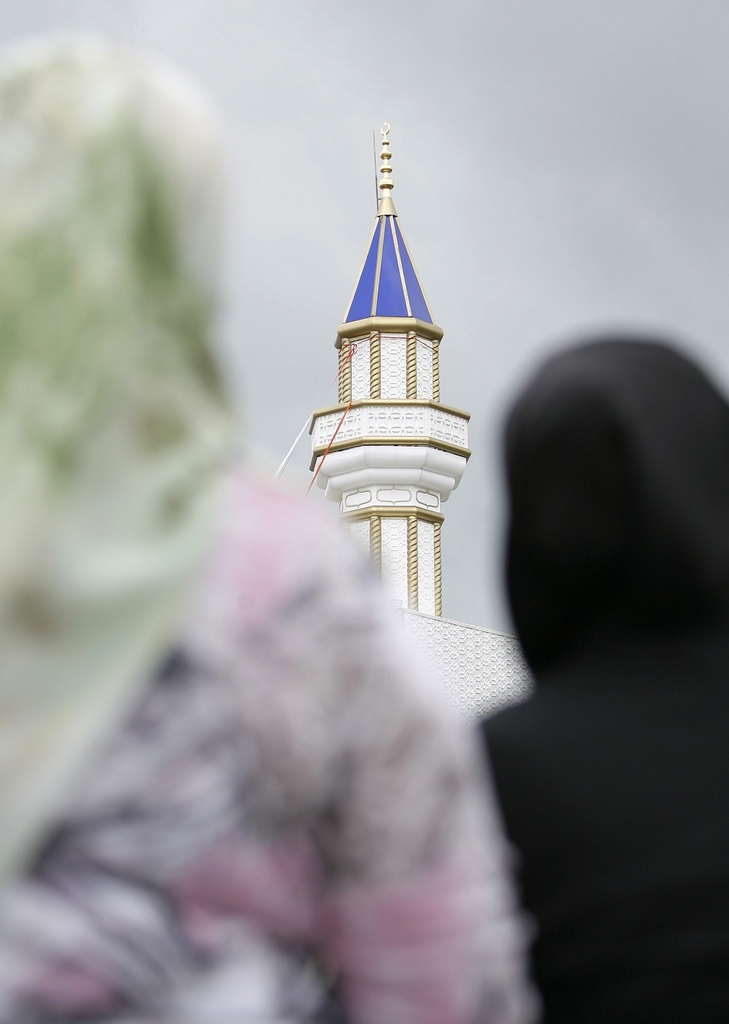
The European Court of Human Rights issued a long-awaited ruling on Friday, turning down two appeals from Swiss Muslims against Switzerland’s ban on building minarets.
The ruling by the court in Strasbourg has been met with no surprise, by either opponents or supporters of the Swiss law.
In a popular vote November 2009 the Swiss approved an initiative to add to the constitution a ban on the construction of any new minarets. Of those who voted, 57 per cent were in favour.
Silvia Bär, deputy secretary-general of the right-wing People’s Party, which supported the minaret ban, told swissinfo.ch that the party had expected that the Strasbourg ruling would go the way it did.
“As we have always said, the minaret initiative does not affect either the freedom of religion nor the right to practise a religion,” she said.
The party expects to see the same ruling in the cases that are still pending.
Walter Wobmann, the chairman of the committee that launched the anti-minaret initiative, told the Swiss News Agency that he was “naturally pleased” at the ruling – but added that the court could hardly have decided otherwise.
“We are a sovereign state, the people voted clearly in favour of the minaret initiative and the initiative had been declared valid,” he said.
A necessary step
Although the Strasbourg ruling is definitive, and other similar cases will certainly be thrown out on the same grounds, the plaintiffs are not downhearted.
“We suspected that it would be ruled inadmissible, but it was necessary to take this step,” said Hafid Ouardiri, co-president of the Interknowing Foundation, and former spokesman for the Geneva mosque, who submitted one of the appeals to the Strasbourg court.
Ouardiri had included in his case the claim that “he had no effective remedy available to seek a ruling that the constitutional amendment was in breach of the European Convention on Human Rights”.
He told the Swiss News Agency that he felt “positive and calm” after the ruling: the European court had “set a process in motion”, and reminded the Swiss state of its duty.
He was apparently referring to the judges’ statement that the Swiss courts “would be able to examine the compatibility of a possible refusal to authorise the construction of a minaret with the [European Human Rights] Convention”.
Ouardiri’s lawyers issued a statement saying they were “encouraged” by the ruling, since they were convinced the Swiss courts were bound to conclude that the ban violates human rights and is a threat to religious peace.
Yahya Hassan Bajwa, who heads an office for intercultural communication in Switzerland and is a member of the Aargau cantonal parliament told swissinfo.ch that he could understand why a minority that feels legally discriminated against should have lodged an appeal.
He expressed disappointment that the People’s Party should come up with initiatives of this kind which “disturb the country’s social peace”. The behaviour of Muslims in Switzerland shows that they behave democratically, he said.
Strasbourg principles
Swiss international human rights lawyer Walter Kälin told swissinfo.ch that the appeals laid by Ouardiri and the other plaintiffs – a group of Swiss Muslim organisations – had made no difference to the issue.
It is a well-established principle that only people who are directly affected by a law can take their case to the Strasbourg court, he said. This can only be done once they have exhausted all possible recourses in their own country.
“You can’t go to Strasbourg in order to combat a law in general terms, or to have it checked,” he explained.
“If an actual group submitted a building application for a minaret, and didn’t get a permit, and then went through the Swiss courts – the administrative court up to the federal court [Switzerland’s highest legal body], and if the federal court then said: ‘You cannot have a permit because of the article in the Constitution’, it’s only at that stage that Strasbourg can look into the case.”
There is potentially such a case in Switzerland already: Muslims in the town of Langenthal in canton Bern had been given permission to build a minaret before the vote was held. This case is still going through the Swiss legal system, as opponents of minarets appeal against lower court rulings that construction can go ahead.
The fate of the Langenthal minaret is not affected by Friday’s decision in Strasbourg.
And as Kälin told swissinfo.ch, the ruling does not pre-empt appeals by future would-be builders of minarets either. They too would take their case up the Swiss courts, and could appeal to Strasbourg if they lost in the federal court.
Taking a wider view, Kälin pointed out that the European Court has always been called upon to make rulings about new laws.
“At the moment these tend to be to do with religion, for a while it tended to be laws on fighting terrorism. Back in the 1970s and 1980s it was very often a matter of bans on films or books,” he recalled.
“There have always been certain circles that have called for Switzerland to withdraw from the Human Rights Convention. Thought is free, and politicians can demand this kind of thing if they want to. But withdrawal would not be a matter for a nationwide vote; it would need a majority in parliament. And I really can’t imagine such a thing.”
The Strasbourg-based court was established in 1959.
It rules on applications by individuals or states alleging violations of the civil or political rights set out in the European Convention on Human Rights.
Since 1998 individuals have been apply to the court directly.
The court monitors respect for human rights of about 800 million people in 47 European countries that have ratified the convention.
In the past it has ruled on various issues of gender equality in Switzerland including the right of a married woman to keep her own name.
The political debate over minarets began several years ago over plans in the towns of Langenthal, Wil and Wangen near Olten.
The controversy peaked in a nationwide ballot on November 29, 2009 when voters approved an initiative by rightwing parties to ban the construction of new minarets with a majority of 57.5%.
The result was seen as a major political upset and drew worldwide media attention.
A legal battle is continuing over the planned minaret in Langenthal.
There are currently four mosques with minarets in Zurich, Geneva, Winterthur and Wangen near Olten.
An estimated 4.5% of Swiss residents are Muslims, mainly from southeastern Europe and Turkey.

In compliance with the JTI standards
More: SWI swissinfo.ch certified by the Journalism Trust Initiative
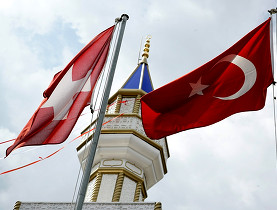
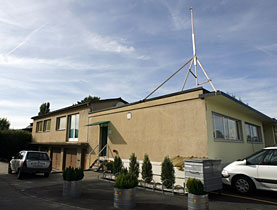
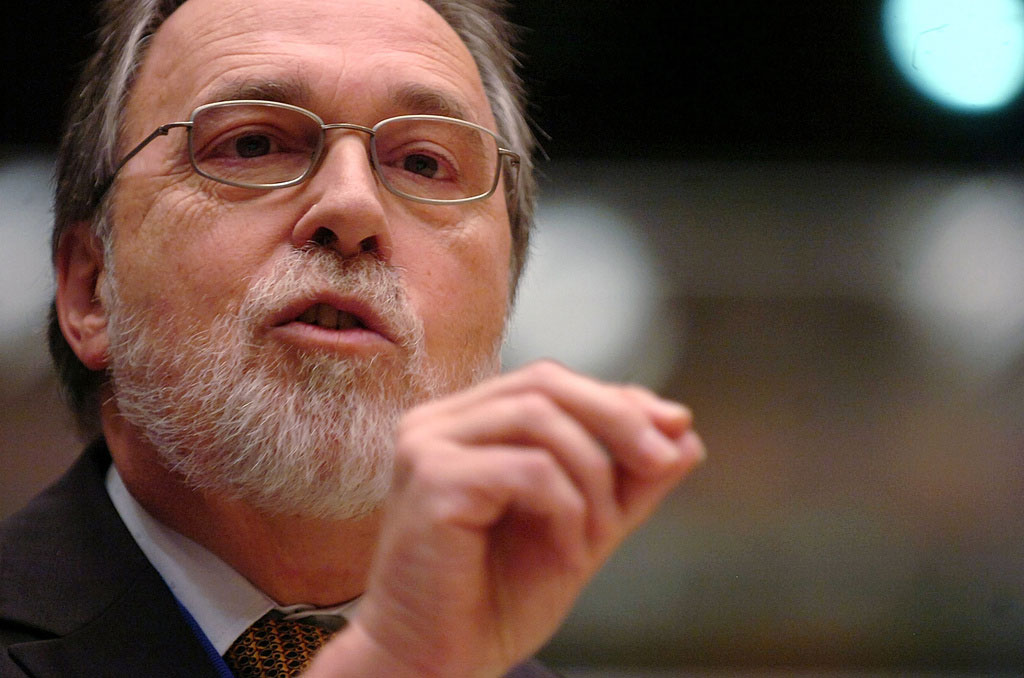
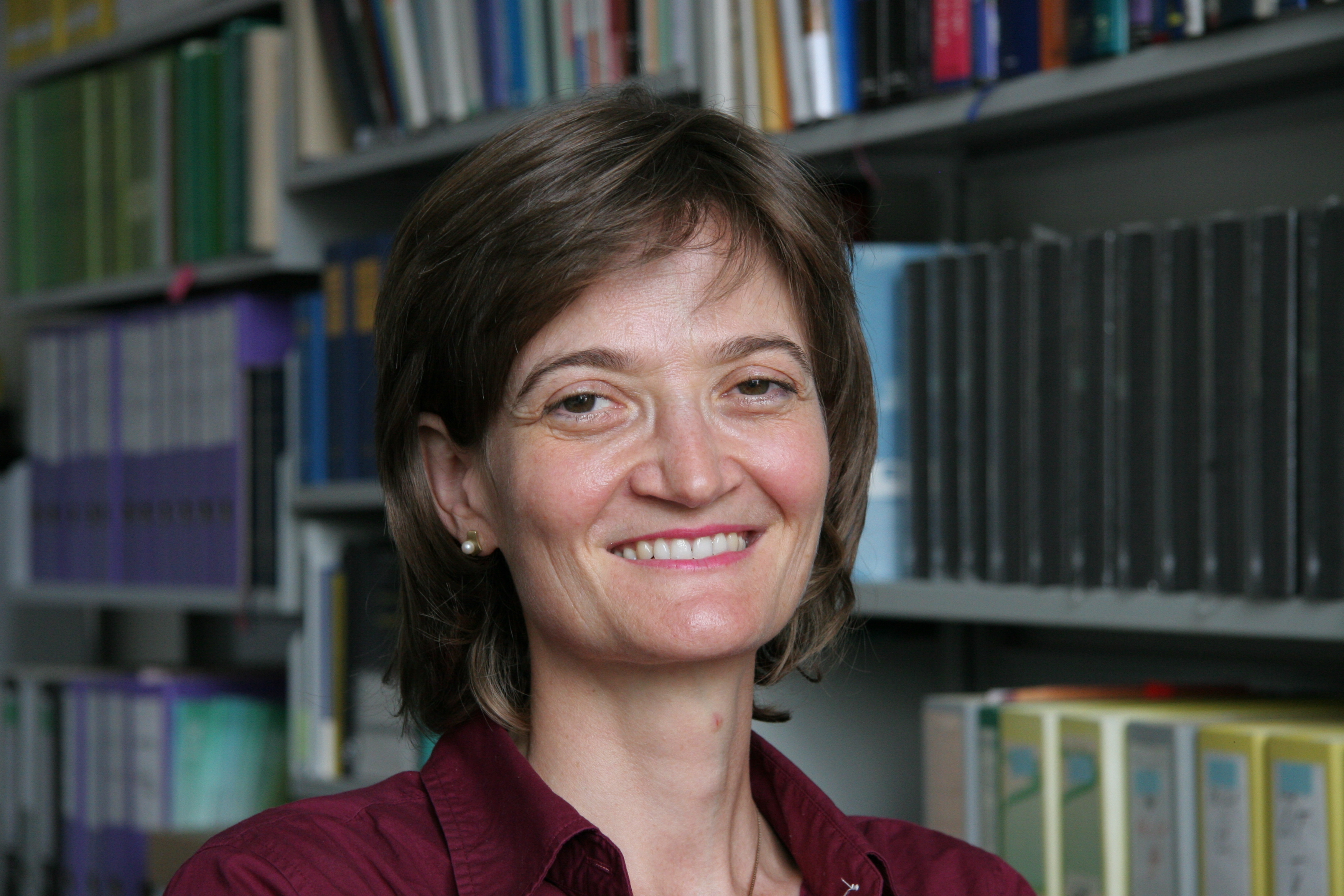
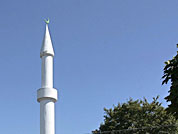
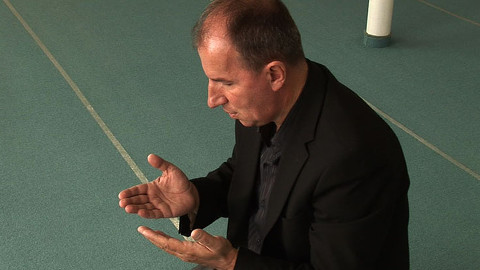
You can find an overview of ongoing debates with our journalists here. Please join us!
If you want to start a conversation about a topic raised in this article or want to report factual errors, email us at english@swissinfo.ch.